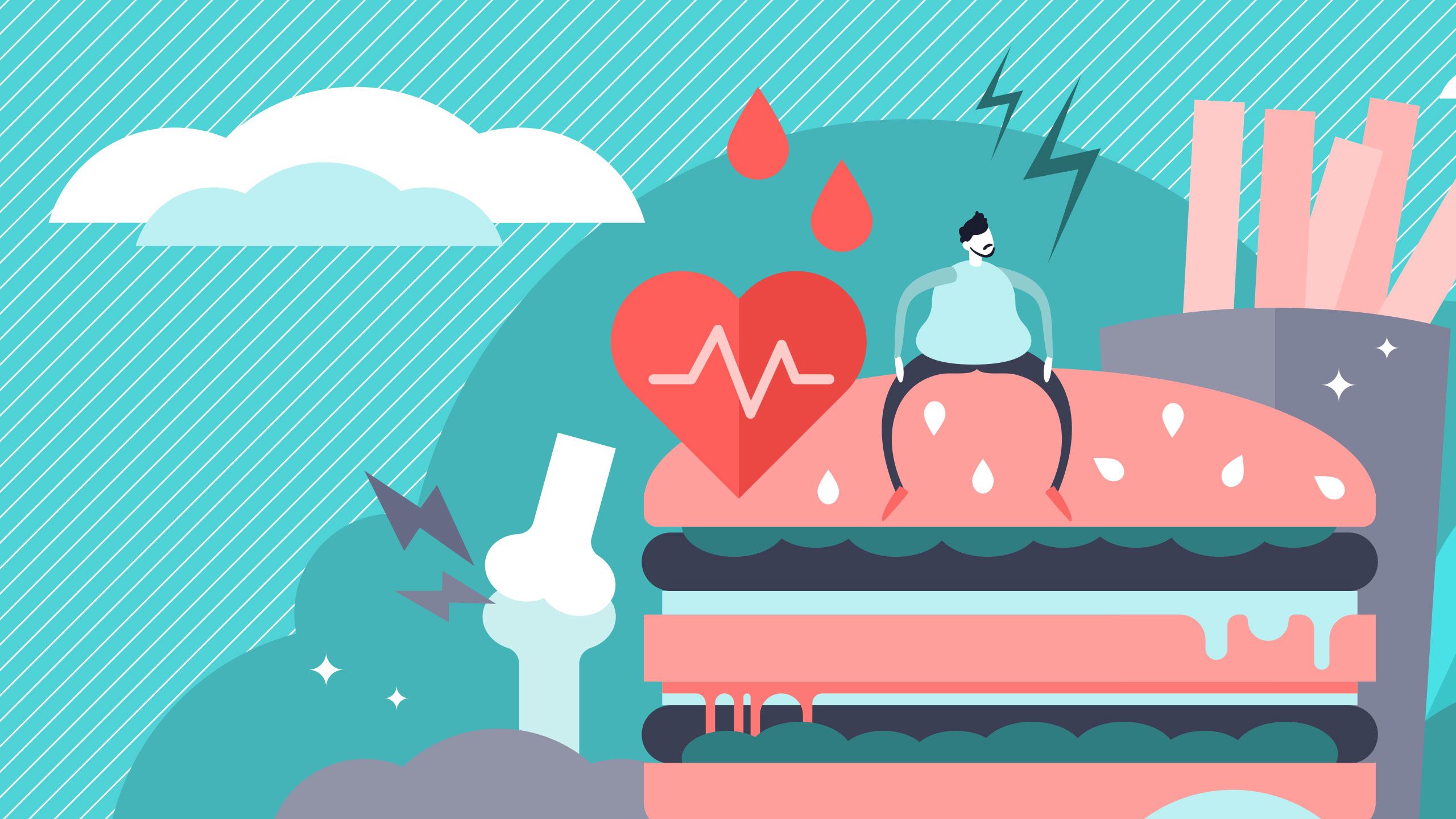Hard to Process
Health scientist explains link between cognitive decline and ultra-processed foods
By Tom McLaughlin | April 6, 2023

A recent study in the Journal of the American Medical Association shows that what you eat could make a big difference in your mental acuity during your later years. The research linked cognitive decline with the frequent consumption of ultra-processed foods such as ice cream, pizza, lunch meat, chips, and cookies. Rutgers University in Camden researcher Kristin August, an expert in the relationship between nutrition and psychology, explained that while these foods have long been known to cause diabetes, heart disease, and other physical issues, their association with cognitive decline is becoming increasingly hard to swallow.
“We know that cognitive decline shares a lot of the same risk factors as those other health issues,” August said.
August noted that the study did not conclusively determine highly processed foods cause cognitive decline, but it did establish a correlation between the two. Beyond diet, a complex interplay of other biological, psychological, and social factors put people at risk.
“For example, not getting enough regular exercise, excessive alcohol use, and smoking have all been shown to contribute to cognitive decline,” August said. “Genetics also play a role, although that doesn’t mean you will automatically develop dementia if you have a genetic predisposition.”
August offered several tips for those hoping to stay mentally sharp through improved diet. Classic psychological techniques such as self-monitoring, which includes paying attention to what you eat and keeping a food diary, have been shown to be effective. In addition, making small dietary changes has been shown to work better than completely overhauling one's diet all at once or eliminating entire food groups.

Kristin August, associate professor of psychology and health sciences at Rutgers–Camden.
Kristin August, associate professor of psychology and health sciences at Rutgers–Camden.
The stakes couldn’t be higher for families and society at large. August points to statistics from the Alzheimer's Association showing that one in 10 older adults experience Alzheimer’s disease, and that the prevalence increases with age, and it is one of the top 10 causes of death in later life. It can also affect individuals’ overall well-being, such as an increased risk of depression and anxiety; strain finances; and impact family members. It is also one of the costliest chronic diseases to society; according to the Alzheimer's Association, hundreds of billions of dollars are spent dealing with the disease annually, which is expected to increase to trillions in annual spending over the next 20 years.
Outside of dieting, August said, there are several things that people can do to maintain a healthy brain. This includes getting regular exercise, avoiding smoking, and refraining from excessive alcohol use. Stress levels should also be kept low.
“Keeping the brain active is also very vital," August said. "But the key is to learn new information and skills.”


Creative Design: Beatris Santos